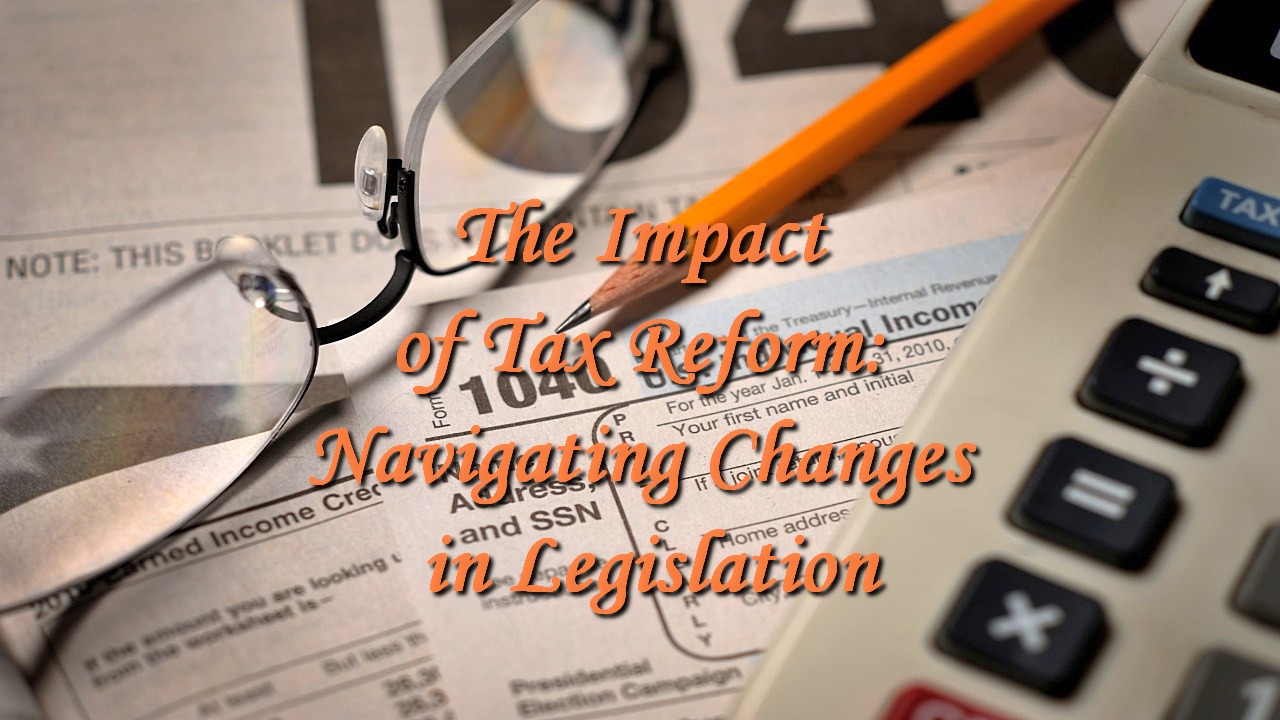In the ever-evolving landscape of economic policies, tax reforms play a pivotal role in shaping the financial future of individuals and businesses alike. As governments worldwide strive to optimize revenue collection and foster economic growth, tax legislation undergoes frequent adjustments, which can be thoroughly adhered to by services like taxhelpusa.com/tax-relief-services/tax-settlement/. This article explores the profound impact of tax reform on various stakeholders and the challenges they face in navigating these legislative changes.
The Catalyst for Change
Understanding the driving forces behind tax reform is essential to comprehend its implications. Governments often initiate tax reforms in response to economic challenges, shifting global dynamics, or the need for a fair and efficient tax system. Whether spurred by economic downturns or technological advancements, these reforms aim to create a tax framework that aligns with contemporary realities.
Individual Taxpayers: Adapting to New Norms

For individual taxpayers, the impact of tax reform is felt in the form of changes to income tax brackets, deductions, and credits. Adjustments to these elements can either alleviate or impose additional financial burdens on individuals. Navigating through these changes requires a proactive approach, such as staying informed about the latest tax codes and seeking professional advice to optimize one’s financial position.
Business Landscape: Strategic Adjustments
Businesses are significantly affected by tax reforms, influencing their operational and strategic decisions. Changes in corporate tax rates, incentives, and depreciation rules can impact profitability and investment decisions. Corporations must navigate these changes by conducting thorough tax planning, reassessing their business structures, and aligning their strategies with the evolving tax landscape.
International Implications: Navigating Cross-Border Taxation

Globalization has increased the complexity of taxation, requiring businesses to navigate cross-border tax implications. Tax reforms often include provisions that impact international businesses, such as changes to transfer pricing regulations and the taxation of digital services. Companies engaged in global operations must adapt by ensuring compliance with multiple tax jurisdictions and considering the impact on their supply chains and international tax planning.
Compliance Challenges: Meeting Regulatory Requirements
Tax reforms introduce new regulations and compliance requirements, increasing the burden on individuals and businesses. Staying compliant with these changes necessitates efficient record-keeping, robust internal controls, and ongoing communication with tax authorities. Failure to adapt to the new regulatory environment can result in financial penalties and reputational damage.
Opportunities Amidst Challenges: Leveraging Incentives
While tax reforms may present challenges, they also create opportunities for those who navigate them strategically. Governments often introduce incentives to stimulate specific industries or activities. Businesses and individuals can capitalize on these incentives by aligning their operations with government priorities and taking advantage of available tax credits and deductions.
The impact of tax reform is multifaceted, influencing individuals, businesses, and the global economy. Navigating these changes requires a proactive and adaptive approach, encompassing informed decision-making, strategic planning, and compliance management. As governments continue to refine their tax policies, staying abreast of legislative developments and seeking professional guidance will be crucial for stakeholders to thrive in this dynamic financial environment.
